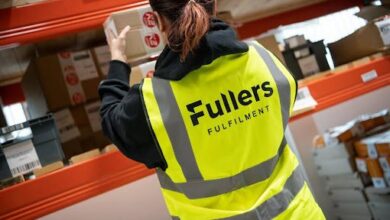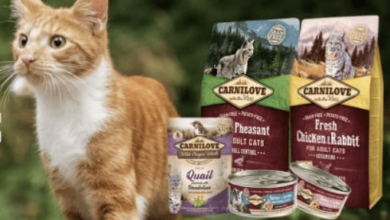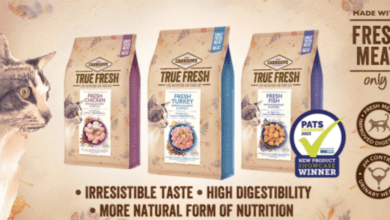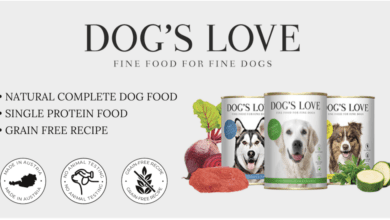The rise in demand for customised pet food in the UK
Pet ownership is on the rise, with many owners now viewing their pets as family members and looking for personalised products and services tailored to each pet’s specific needs and preferences. This shift has led to a growing market for customised offerings, including specialised diets, supplements, and grooming products, attracting both innovative startups and established companies into this expanding sector
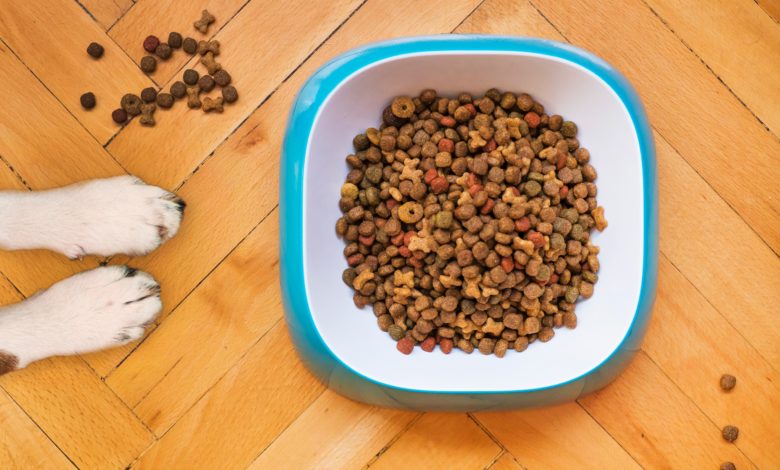
As people adjust their own diets to influence their health, pet owners want to do the same for their pets. A 2022 FMCG Guruz report stated that 40% of pet owners worldwide turn to pet products to support their pets’ wellness.


